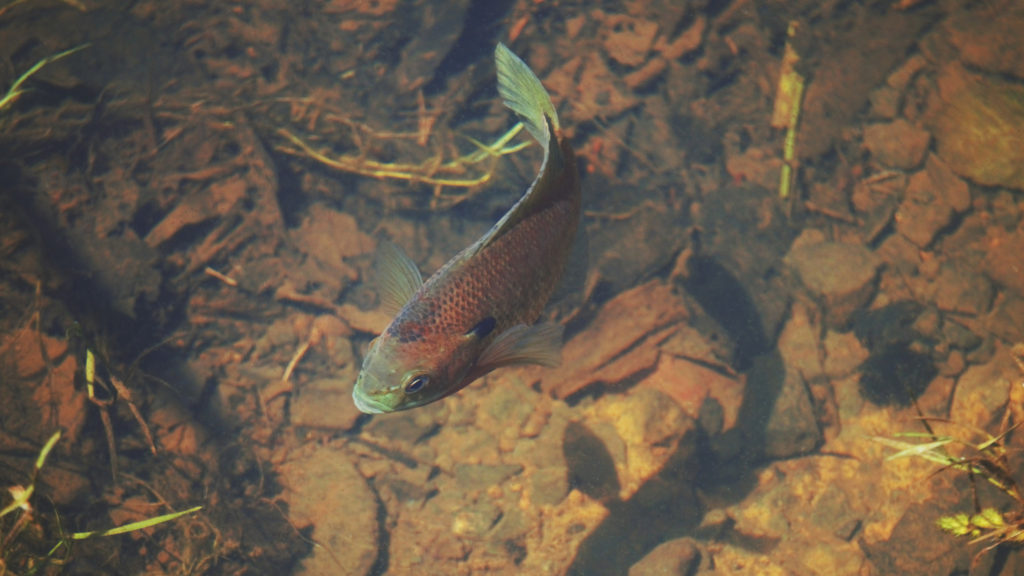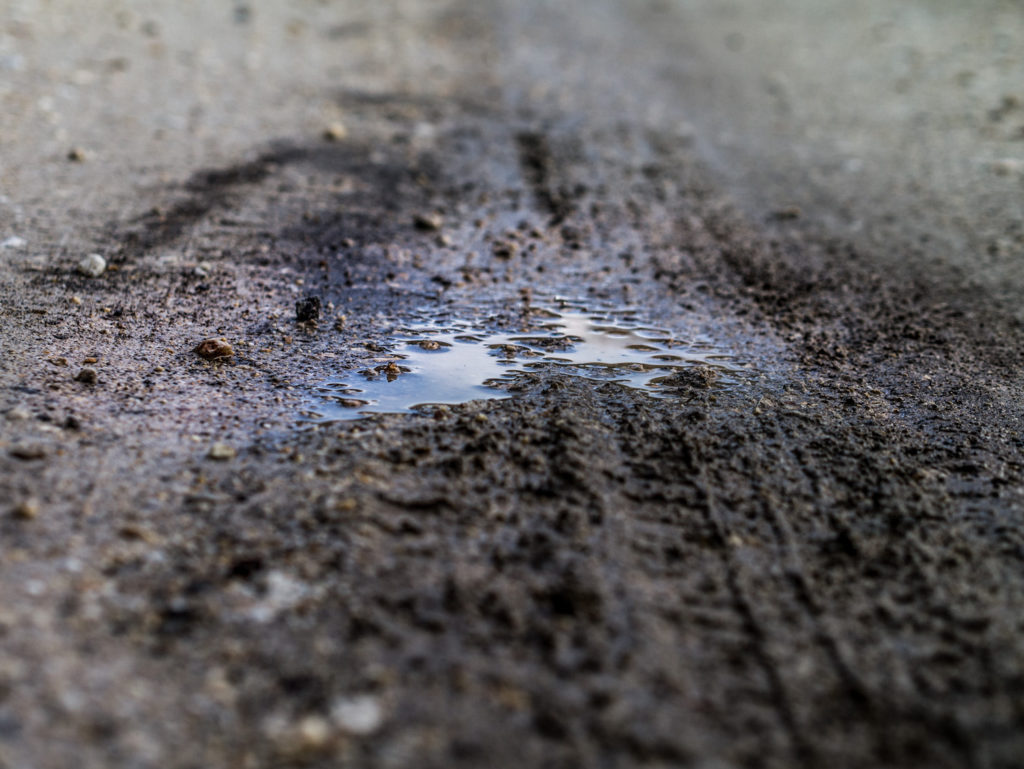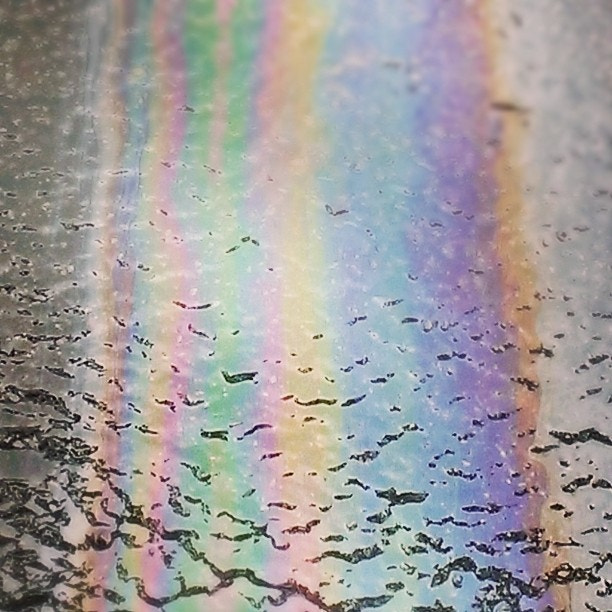Why is the Clean Water Act Important?
Construction
Contractors have to follow stormwater regulations that come from the United States Clean Water Act. One of the purposes of the Clean Water Act is to make the waters of the United States fishable and swimmable. Another purpose of the Clean Water Act is to protect sources of drinking water.
The main goal of the stormwater program is to prevent pollution of water bodies in the United States. One of the most important things to understand about stormwater regulations is who regulates them and why.

The Clean Water Act makes it illegal to discharge pollutants from a construction site to the waters of the United States. Section 402, creates the National Pollutant Discharge Elimination System, (commonly called NPDES). Within the NPDES program, the stormwater construction general permit applies to land disturbance of an acre or more or a parcel that is part of a common plan of development. Construction sites that qualify must obtain a stormwater discharge permit from the proper authority (usually a state, sometimes EPA, a tribe, or a territory). The permit allows the construction project to discharge stormwater from the site. In order to do this, they must follow the requirements of the permit.
The EPA, States, and Municipalities
The EPA manages the stormwater program that oversees a small number of states directly. The EPA also permits most states the responsibility of operating their own state stormwater program. Under the approval of the EPA, the state will then create the state program patterned after the federal EPA stormwater program and regulations. The state permit oversees management and enforcement of stormwater regulations to cities and operators of municipal separate stormwater sewer systems, commonly referred to as an MS4 that have met specified population density or total population. These cities and the operators of MS4s, implement a program that features 6 minimum functional areas. This program controls polluted stormwater run-off.
Municipality NPDES Oversight on Construction Projects

A permitted MS4 is a city or municipality which has stormwater requirements that they must follow. If the MS4 fails to comply with their permit, stormwater requirements can penalize and fine the city. We are going to review some requirements of the MS4, and how it impacts the developer/contractor.
Clean Water Act Section 502: General Definitions
This is the EPA list that defines a pollutant. Anything that is not clean stormwater is a pollutant.

“(6) The term ‘pollutant’ means dredged spoil, solid waste, incinerator residue, sewage, garbage, sewage sludge, munitions, chemical wastes, biological materials, radioactive materials, heat, wrecked or discarded equipment, rock, sand, cellar dirt and industrial, municipal, and agricultural waste discharged into water. This term does not mean (A) ‘sewage from vessels’ within the meaning of section 1322 of this title; or (B) water, gas, or other material which is injected into a well to facilitate the production of oil or gas, or water derived in association with oil or gas production and disposed of in a well, if the well used either to facilitate production or for disposal purposes are approved by the authority of the State in which the well is located, and if such State determines that such injection or disposal will not result in the degradation of ground or surface water resources.” Find out more here.
The City is permitted just as the Contractor is permitted. The city has to meet six minimum control measures. One of the control measures is to be sure that construction sites are doing what they are supposed to be doing regarding paperwork, inspections, and maintaining controls to prevent pollution from leaving the construction site. The city has overall responsibility for everything that gets into their storm drain system and is discharged into the receiving water body.
Below are some general requirements state NPDES programs have for qualifying cities as far as construction is concerned.
- The SWPPP (stormwater pollution prevention plan) must be reviewed and approved prior to construction.
- The SWPPP must be reviewed during construction to be sure that it is being updated.
- The City must keep a copy of the SWPPP for five years.
- The city is required to conduct oversite inspections. These inspections are to be sure that the contractor is meeting its construction stormwater permit requirements.
- The city is also required to conduct a pre-construction inspection, inspections during construction, and a final inspection to sign off on the Notice of Termination.
- The city is required to notify contractors of action items to keep contractors in compliance.
The city is required to follow up on action items and be sure that they are corrected and taken care of.
- The city is required to enforce all construction projects that are not in compliance.
- If the city doesn’t meet these requirements they can be fined.

